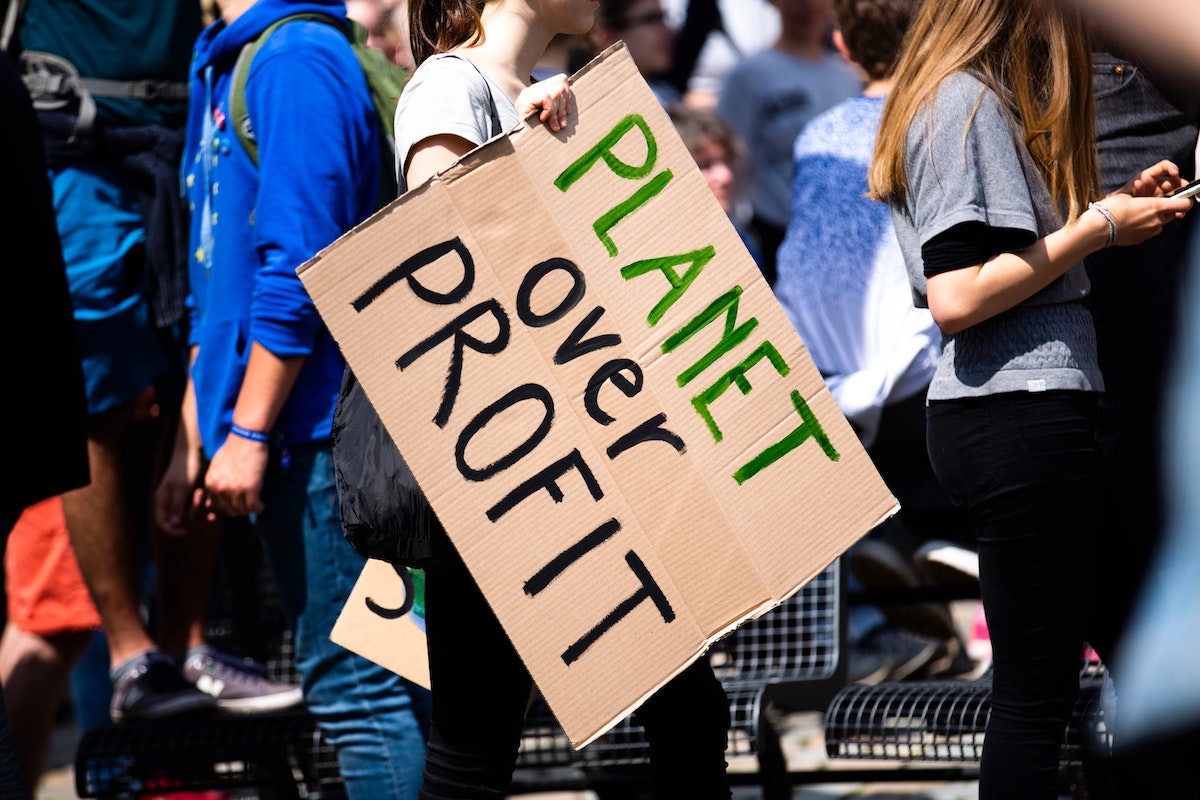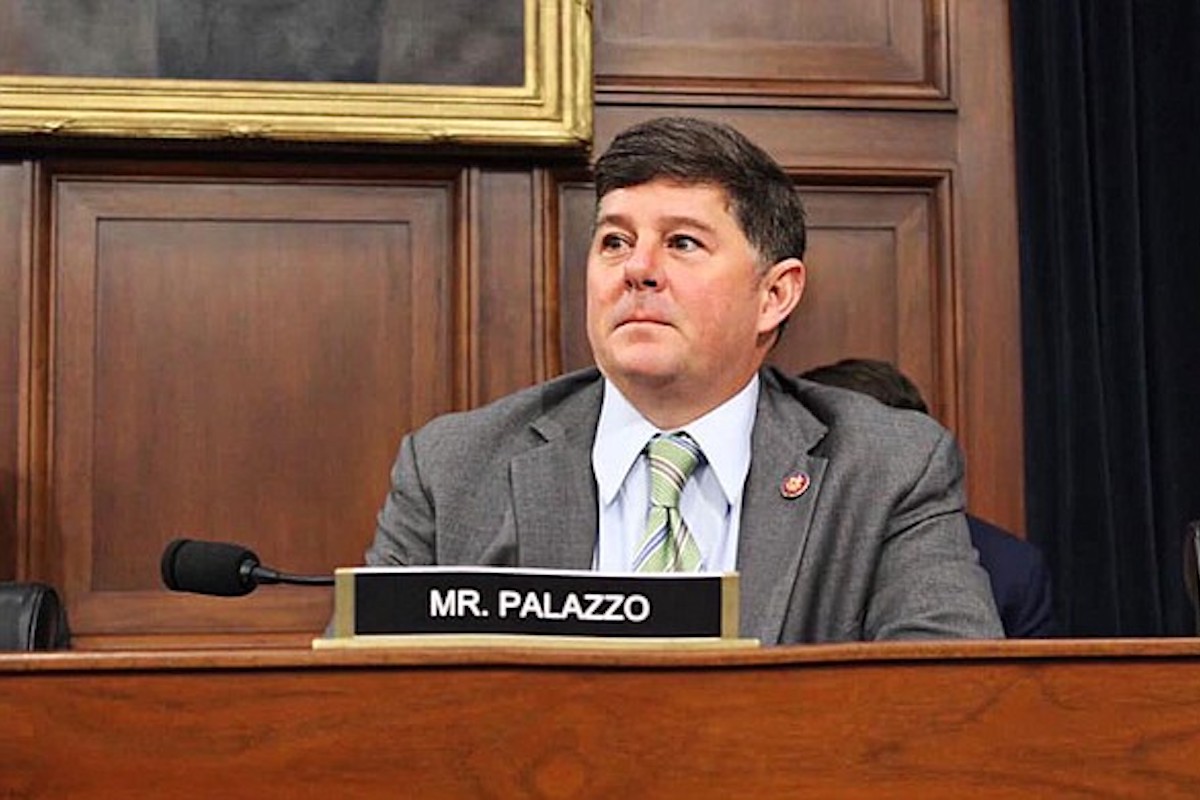“We need to drill here and drill now,” Rep. Steven Palazzo recently tweeted. Two days later, he tweeted a graphic claiming he’s “protecting Mississippi’s coastlines.”
Residents of the Mississippi Gulf Coast, which Palazzo represents, know all too well that these are mutually exclusive ideas. The 2010 Deepwater Horizon oil spill likely cost Mississippians billions of dollars and thousands of jobs, according to a 2012 study, not to mention a nauseating list of damages to the Gulf Coast’s ecology: toxic tar on our beaches, mass coral deaths, widespread injury and death of marine mammals and sea turtles, and more than a million bird deaths.
In the face of all of this, Palazzo’s campaign has accepted PAC money from oil companies throughout his congressional tenure. But he’s far from the only one who sees no issue with treating Big Oil as a hero and advocating for more dangerous drilling.
Indeed, as gas prices climb higher and higher, plenty of Mississippi politicians have sought to score points by talking about increasing production capacities. That premise is easily refuted, as others have documented, but for now, let’s just accept the possibility that drilling here in Mississippi (or elsewhere in the United States) would lower gas prices. My question is simple: At what cost?
Climate Change At Work in Mississippi
Mississippians are suffering from a heat wave with daily heat indexes (and often real temperatures) in the triple digits, putting us all at increased risk of heat stroke. Longer warm and humid seasons have left many of us at the mercy of mosquitos as late as December. Mississippi is part of the new Tornado Alley. And the National Oceanic and Atmospheric Administration predicts an “above average” hurricane season, with Mississippi’s lower three counties on the frontline and 75,000 Mississippians at risk of coastal flooding.
Make no mistake: This is climate change at work in our state. And, as miserable as it is, this is likely our new baseline, thanks to decades of political support for companies recklessly polluting our air and warming our world.

But that doesn’t mean it’s too late to act. Things can still get so much worse. If we don’t meaningfully reduce our carbon footprint as soon as possible, we’ll see more disease-carrying mosquitoes, more heat waves, more devastating floods.
The next time you’re at the gas pump, you’ll no doubt feel some pain in your wallet. That’s probably why Rep. Palazzo has placed campaign signs outside so many gas stations. But as you’re pumping, close your eyes and feel the heat on your brow, the mosquito bites on your arm. Recall the devastation of Hurricane Katrina, and consider that we’re seeing more and more storms at or near Katrina’s strength. Picture the aftermath of any recent tornado. Consider that heat deaths increased 56% from 2018 to 2021, and that we’ll likely see a bigger spike this year.
The price of gas is much higher than $5five dollars per gallon.
Maybe you doubt the connection between these events and climate change. After all, as my friends sometimes point out to me, we’ve always had extreme weather. The legendary Sullivan-Kilrain boxing match outside modern-day Hattiesburg in 1889 saw triple-digit heat, and Hurricane Camille, one of the strongest storms in American history, came more than 50 years ago.
A climate scientist once put it to me this way: Barry Bonds hit home runs before he started using performance enhancing drugs, but he hit a lot more after he started using them. It’s hard to prove that any one instance of “global weirding,” as some activists call it, is a direct result of carbon-fueled climate change, but the broader trends show correlation and the underlying science shows causation. Carbon emissions are leading to rising global temperatures, and those rising temperatures create the right conditions for more extreme weather events.
This is where climate activists could use some help from news outlets. Every single report on heat waves and major storms should include context on these links between extreme weather and climate change; anything less is a betrayal of public trust. Bonus points for including comments from an actual environmental scientist.
Don’t read what I’m not saying. I am certainly not lecturing anyone on the need to immediately stop driving gas-powered vehicles. I live in South Mississippi, not an academic utopia. Electric vehicles are expensive, and public transportation isn’t sufficiently available in most of the state.
What I am saying, however, is that every time a politician advocates for doubling down on carbon emissions to capitalize on the economic pain we’re feeling now is a betrayal of our self interests.
This MFP Voices essay does not necessarily represent the views of the Mississippi Free Press, its staff or board members. To submit an essay for the MFP Voices section, send up to 1,200 words and factcheck information to azia@mississippifreepress.org. We welcome a wide variety of viewpoints.






